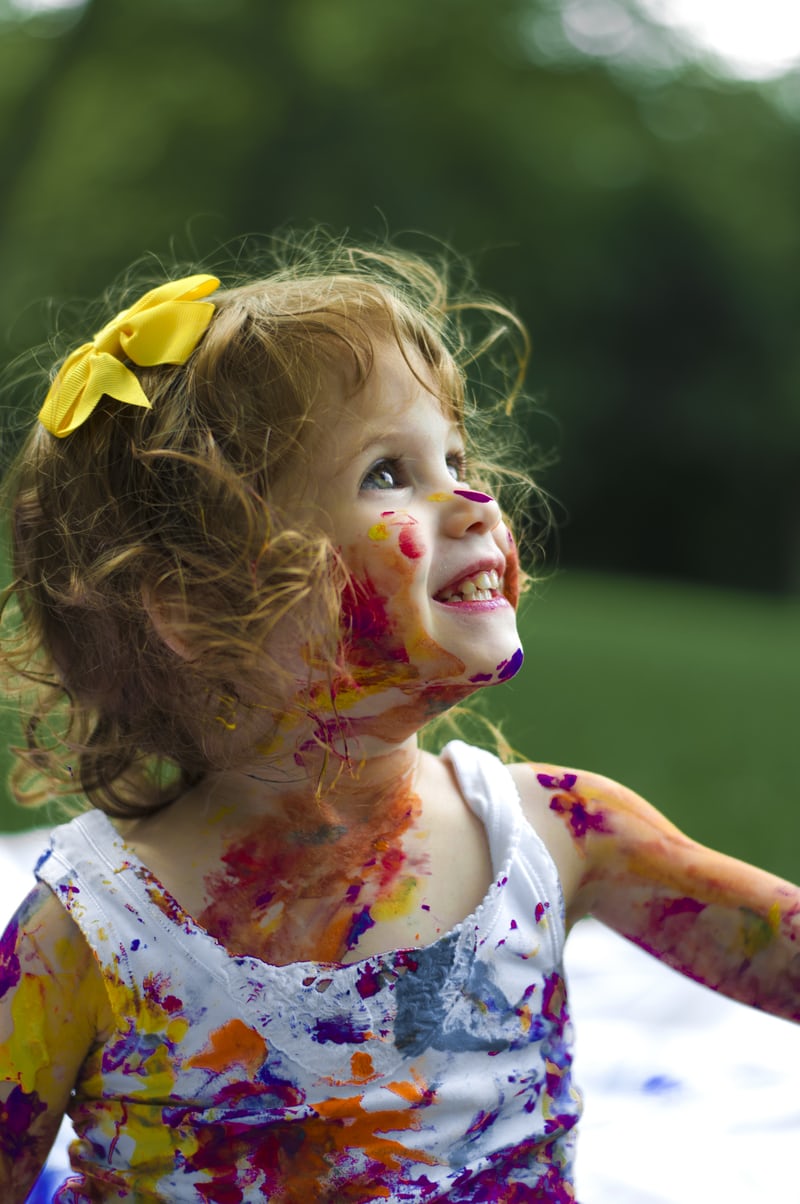Filial Play Mentoring
Play is not a break from learning. It is endless, delightful, deep, engaging, practical learning. It's the doorway into the child's heart! Play is the language of children. Have you spoken it to them lately?

What can caregivers expect by engaging in Filial mentoring?
- It can be in either in a group or individual setting with training from a qualified filial mentor.
- Follow up telephone mentoring and support is available during (and for a short time after) the course.
- Talking through feelings about your child, yourself and other family members (but not in a personal therapy capacity).
- Focusing on the future-what the child is capable of being, not what s/he has done in the past.
- Experientially based - learning by doing.
- Practising new skills to change behaviour.
What is required from the caregiver?
No special equipment is needed, although it is hoped the caregiver can set aside 10 minutes five days a weeks and with the child together create a 'box' of art materials and toys for use specifically during these interactive sessions.
Aims of the mentoring
To help build a relationship which positively impacts on the underlying causes of problems. This might include:
- Changing perceptions of the parent/carer-child relationship. Behaviour change can flow from new perceptions
- Increasing listening skills
- Learning to look through the child's eyes
- Improving parental confidence to respond
- Improving your self-perception
- Better understanding of the relationship with your child
- Allowing the child to develop inner control
- Introducing a special set of play materials to encourage expression of the child's feelings, needs and experiences
- Enhancing emotional literacy.
- These skills can then be shared with other family members to help deal with the frustrations of family life.
Safari Philosophy
Safari's ultimate goal: All our work directs your child towards enhanced:
- Self-awareness
- Self-esteem
- Self-worth
- Self-confidence
- Positive mental health

